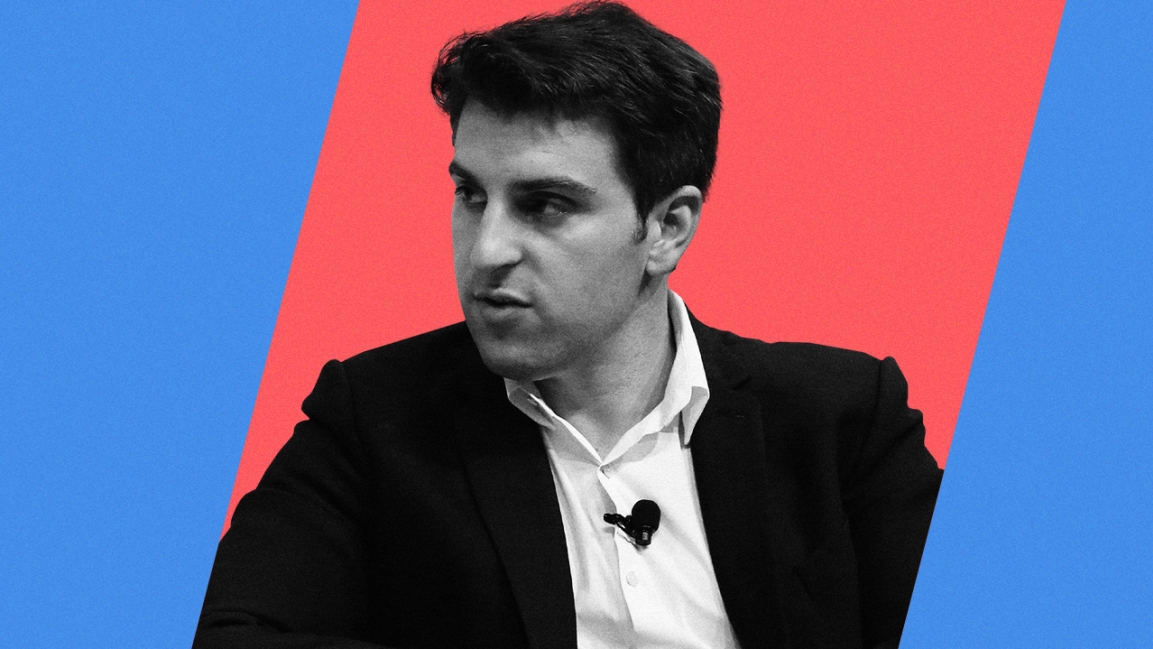Airbnb lays off 25% of its workforce in a dramatic retrenchment for the COVID-19 era
Refocusing its efforts for a travel ecosphere that will be dramatically and permanently reshaped by the coronavirus pandemic, Airbnb plans to lay off almost 1,900 employees, or about 25% of its workforce—a substantial downsizing for what was seen as one of the world’s most valuable startups only a few short months ago.
In a memo to staff today, CEO Brian Chesky said the company’s 2020 revenue is expected to be less than half of what it was last year, and that despite a recent capital infusion of $2 billion, Airbnb would need to reduce its investment in areas of its business that “do not directly support the core of our host community.”
That means hitting the pause button on Airbnb Studios and transportation, scaling back its hotels and Airbnb Lux efforts, and reducing the size of many remaining departments, Chesky said.
“While we know Airbnb’s business will fully recover, the changes it will undergo are not temporary or short-lived,” Chesky said. “Because of this, we need to make more fundamental changes to Airbnb by reducing the size of our workforce around a more focused business strategy.”
Before the pandemic disrupted its operations, San Francisco-based Airbnb was expected to go public this year in one of the most highly anticipated tech IPOs of 2020. The home-sharing company had a reported valuation of $31 billion as of late 2019. And even though lackluster public offerings from the likes of Uber and Lyft left investors increasingly wary of money-burning startups, Airbnb had shown as recently as 2018 that it could achieve real profitability with its core business model.
Now, with global travel in a holding pattern—and no end in sight to the social-distancing practices that health officials see as our only way out of the pandemic—that dream seems like a distant memory.
In his memo today, Chesky put forth a detailed outline of the exit package that each employee can expect, including a minimum of 14 weeks’ severance, a full year of health coverage, and equity in the company.
“I am truly sorry,” he wrote to affected employees. “Please know this is not your fault. The world will never stop seeking the qualities and talents that you brought to Airbnb . . . that helped make Airbnb. I want to thank you, from the bottom of my heart, for sharing them with us.”
(6)



